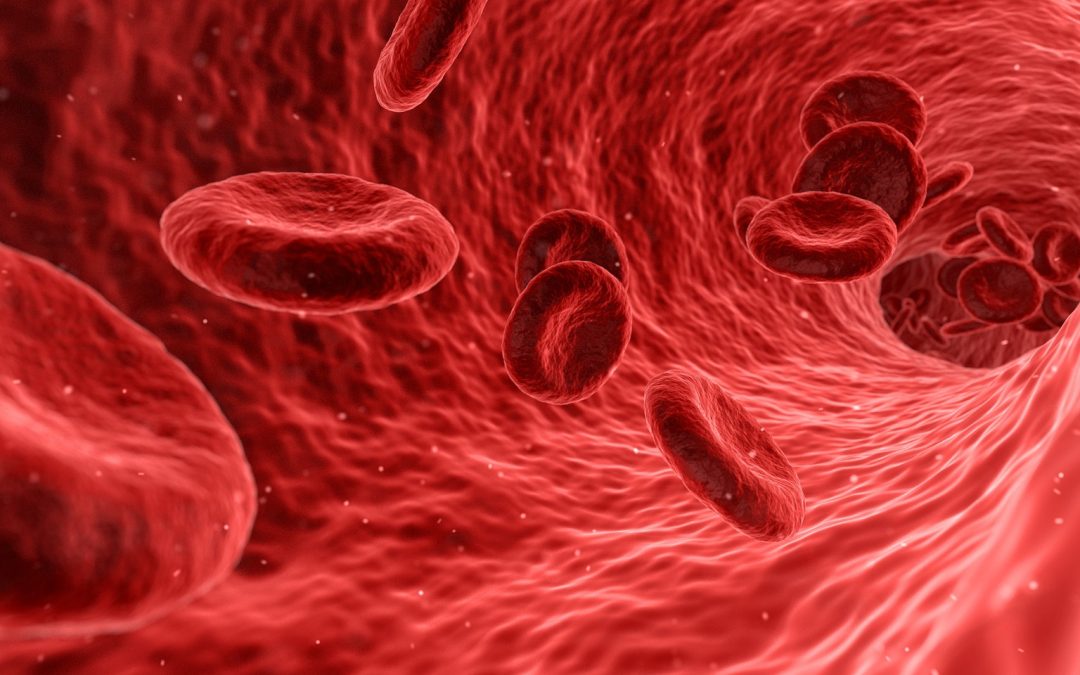Cholesterol is a fatty, waxy substance used by the body to build healthy cells. Your body naturally makes all the cholesterol it needs and carries it around the body in the bloodstream. Some people are more susceptible to having higher levels of cholesterol, and it isn’t always because of the foods they eat. (1)
What’s the difference between ‘good’ and ‘bad’ cholesterol?
There are two types of cholesterol: LDL-C (low-density lipoprotein cholesterol) and HDL-C (high-density lipoprotein cholesterol). HDL-C, commonly known as ‘good cholesterol’, can protect against heart disease and stroke. While LDL-C, or ‘bad cholesterol’, is the opposite, as this can cause heart disease and stroke. (1)
Why is having high cholesterol’ bad for you?
High levels of ‘bad cholesterol’ allow plaque to build up, which causes the arteries to become narrow and clog up. This restricts blood flow around the body and, if it bursts and blocks a blood vessel, this can lead to heart attack or stroke.
What causes high cholesterol?
Some people have high cholesterol due to lifestyle choices, such as being overweight, lack of exercise, eating the wrong foods or drinking too much alcohol. While others have an inherited condition, which makes them have unusually high levels of cholesterol from birth. This is called Familial Hypercholesterolaemia (FH).
How common is Familial Hypercholesterolaemia?
Familial Hypercholesterolaemia (FH) affects from around 1 person in 250. People with FH have higher levels of ‘bad cholesterol’ in their blood, because their livers can’t break it down. This may lead to an increased risk of heart attack and stroke in later life. (2)
How will I know if I have high cholesterol or FH?
A simple blood test will tell you if you have high cholesterol. If a family member has had a heart attack or stroke, or developed heart disease, at an early age (under 55 for male relatives; and under 60 for female), seek further medical advice from your doctor. You may be advised to have a genetic test to see if you have inherited FH.
What can I do to minimise my risk of stroke?
For most people, making a few simple lifestyle changes can help reduce their cholesterol, thereby lowering the chance of heart attack and stroke. This includes eating heart-healthy foods; losing weight; taking regular exercise; quitting smoking; and minimizing or even totally refusing alcohol consumption. Others, especially those diagnosed with FH, will need to take medication to keep their cholesterol levels under control. Talk to your doctor about a treatment plan that works for you.
References:
- National Heart Lung and Blood Institute. What is Cholesterol? Available at: https://www.nhlbi.nih.gov/health/health-topics/topics/hbc. 4 Jan 2021.
- https://www.cdc.gov/genomics/disease/fh/FH.htm. Heart Disease, Family Health History and Familial Hypercholesterolemia. Centers for Disease Control and Prevention. 20 March 2021.
Updated February 2022
Next review 2024


